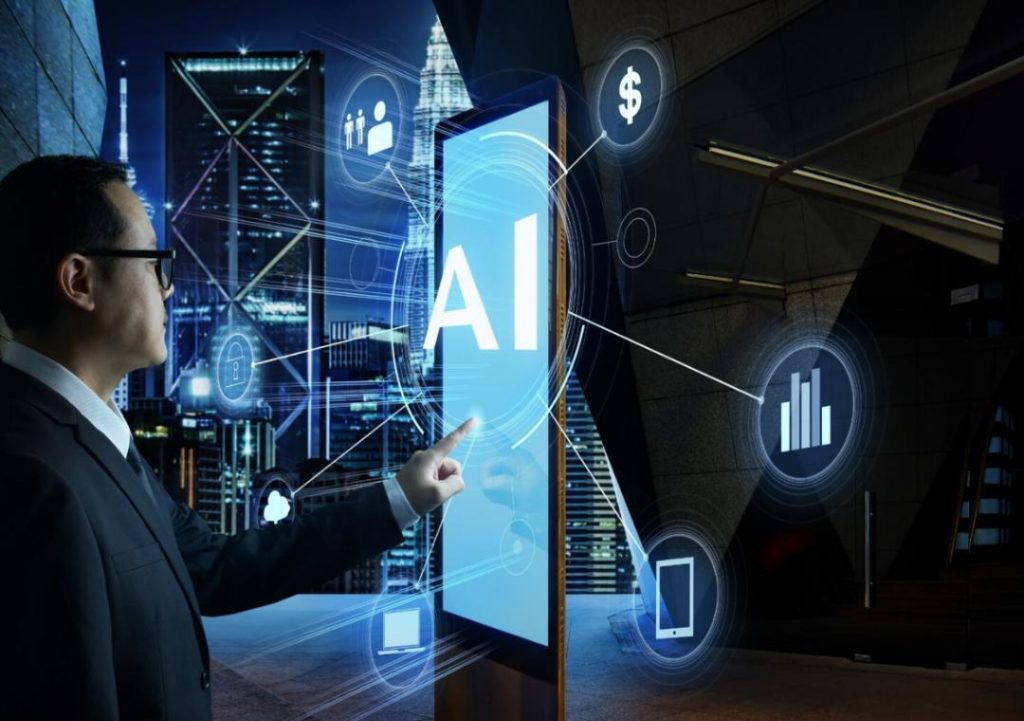
AI & ML now power over 77% of business processes
In today’s digital-first world, Artificial Intelligence (AI) and Machine Learning (ML) are no longer futuristic concepts, but operational essentials. Gone are the days when AI and ML were seen as novel technologies reserved for cutting-edge startups and tech giants. Today, over 77% of enterprises use AI/ML to improve productivity, reduce costs, and personalize user experiences. The shift isn’t optional; it’s fundamental to staying competitive in a market where customers expect seamless, instant, and personalized interactions.
From automating customer support to real-time fraud detection, AI and ML have revolutionized the way businesses operate. They have enabled organizations to make data-driven decisions, streamline processes, and enhance customer engagement. In this blog post, we’ll explore the importance of AI and ML in modern businesses, and how they have become integral to staying ahead of the competition.
What is AI and ML?
Before we dive into the importance of AI and ML, let’s quickly define what they are. Artificial Intelligence refers to the development of computer systems that can perform tasks that would typically require human intelligence, such as learning, problem-solving, and decision-making. Machine Learning, on the other hand, is a subset of AI that enables machines to learn from data without being explicitly programmed.
In simpler terms, AI is the brain, and ML is the training data that helps the brain learn and improve over time. By combining AI and ML, businesses can create intelligent systems that can analyze vast amounts of data, identify patterns, and make predictions or decisions.
How is AI and ML important?
AI and ML have become essential for businesses because they offer a range of benefits that can be measured in terms of productivity, cost savings, and customer satisfaction. Here are some ways in which AI and ML are important:
- Improved Customer Experience: AI-powered chatbots and virtual assistants can provide 24/7 customer support, answering questions, and resolving issues in real-time. This not only enhances the customer experience but also reduces the workload for human customer support agents.
- Predictive Maintenance: AI and ML can analyze equipment data to predict maintenance needs, reducing downtime and increasing overall equipment effectiveness.
- Real-time Fraud Detection: AI-powered fraud detection systems can analyze transactions in real-time, identifying and preventing fraudulent activities before they occur.
- Personalized Marketing: AI and ML can analyze customer data to create personalized marketing campaigns, increasing the effectiveness of marketing efforts and improving customer engagement.
- Automated Decision-Making: AI and ML can analyze data to make informed decisions, automating processes such as credit approval, inventory management, and supply chain optimization.
- Enhanced Security: AI-powered security systems can analyze data to identify potential security threats, reducing the risk of cyber-attacks and data breaches.
- Improved Supply Chain Management: AI and ML can analyze supply chain data to optimize logistics, reduce costs, and improve delivery times.
The Benefits of AI and ML
The benefits of AI and ML are numerous, and organizations that adopt these technologies are likely to experience significant improvements in:
- Productivity: AI and ML can automate repetitive tasks, freeing up human resources to focus on higher-value tasks.
- Cost Savings: AI and ML can reduce waste, optimize processes, and improve supply chain management, resulting in significant cost savings.
- Customer Satisfaction: AI and ML can provide personalized customer experiences, improving customer satisfaction and loyalty.
- Competitive Advantage: Organizations that adopt AI and ML are likely to stay ahead of the competition, as these technologies become increasingly essential for businesses.
The Future of AI and ML
As AI and ML continue to evolve, we can expect to see even more innovative applications in various industries. Some of the trends to watch in the future of AI and ML include:
- Edge AI: The rise of edge AI, which involves processing data closer to the source, reducing latency, and improving real-time decision-making.
- Explainable AI: The development of explainable AI, which involves creating models that can provide insights into their decision-making processes.
- Human-AI Collaboration: The increasing importance of human-AI collaboration, as AI becomes more integrated into business processes.
Conclusion
AI and ML are no longer futuristic concepts; they are operational essentials for businesses that want to stay competitive in a digital-first world. By understanding the importance of AI and ML, organizations can unlock significant benefits, including improved productivity, cost savings, and customer satisfaction. As AI and ML continue to evolve, we can expect to see even more innovative applications in various industries. The shift to AI and ML isn’t optional; it’s fundamental to staying ahead of the competition.
Source:
https://www.growthjockey.com/blogs/what-is-ai-and-ml-how-is-it-important






